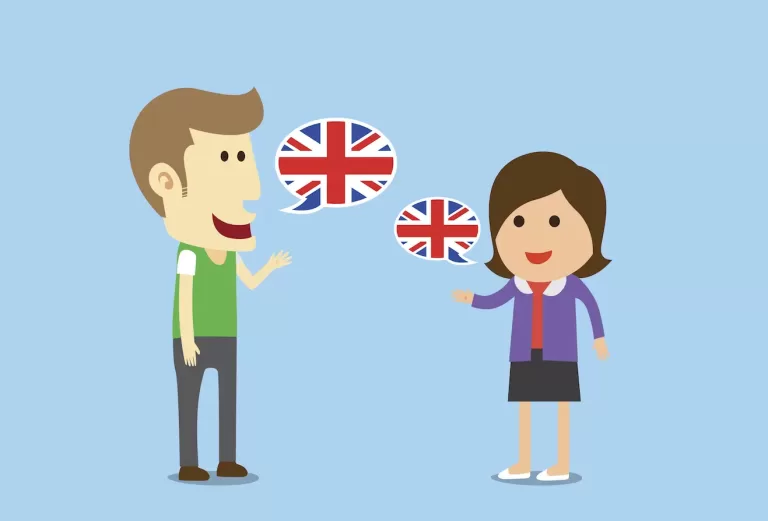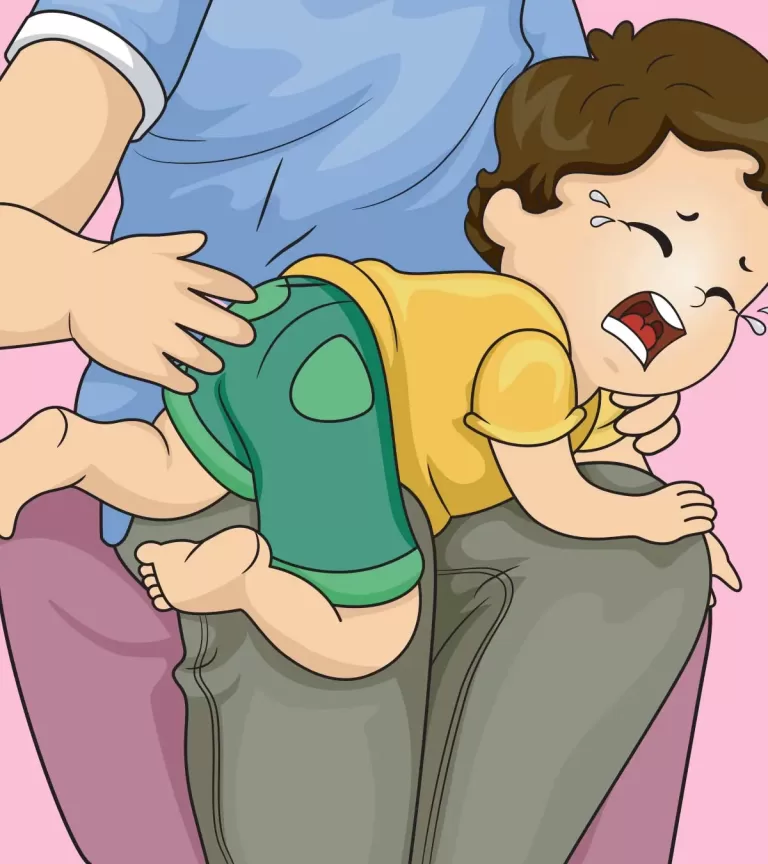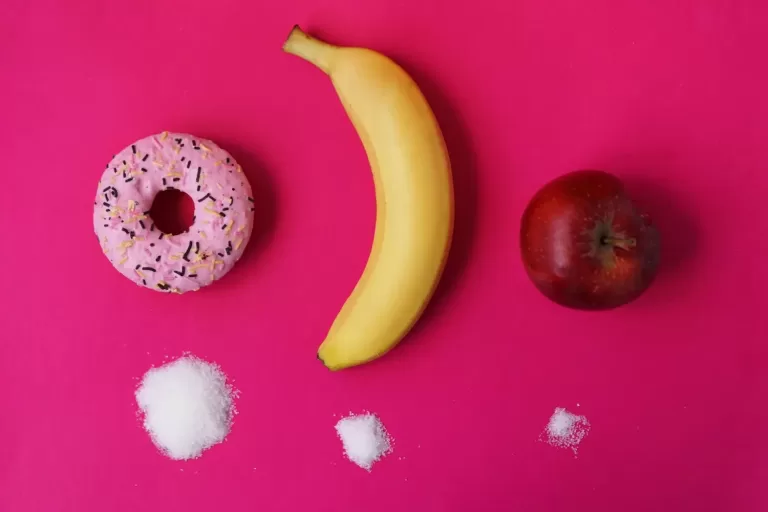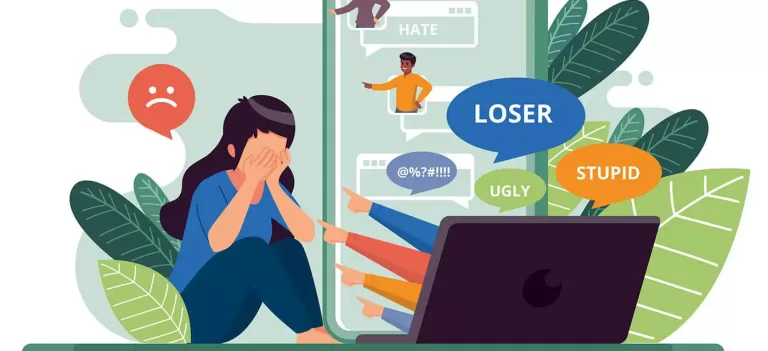Today I want to talk about a topic that many parents struggle with: how to stop children craving junk food. I know it can be hard to resist the temptation of giving in to their demands for fries, candy, soda and other unhealthy snacks, especially when they are whining or throwing tantrums. But trust me, it’s not good for their health or their mood.
Junk food can cause obesity, diabetes, tooth decay, mood swings and other longer term issues. So how can we help our kids develop better eating habits and avoid junk food cravings? Here are some tips that I myself have found very useful:
Set a good example
Children learn by observing and imitating their parents, so if you want them to eat healthy, you have to eat healthy yourself. Don’t keep junk food in the house or eat it in front of them. Instead, stock up on fruits, vegetables, nuts, yogurt and other nutritious snacks and enjoy them together. Show them that healthy food can be delicious and satisfying too.
Involve them in cooking
One of the best ways to get children interested in healthy food is to let them help you prepare it. Let them choose what they want to eat from a list of healthy options, and let them assist you with washing, chopping, mixing and cooking. Make it fun and creative. For example, you can make faces with sliced fruits or vegetables, or cut sandwiches into different shapes. This way, they will feel more invested in the food and more likely to eat it.
Educate them about nutrition
Another way to help children understand the importance of healthy eating is to teach them about nutrition. Explain to them what different foods do for their body and how they affect their energy, mood and health. Use simple and relatable examples, such as “carrots help you see better in the dark” or “milk makes your bones strong”. You can also use books, videos or games to make it more engaging and fun.
Reward them with non-food treats
Sometimes children crave junk food because they associate it with rewards or comfort. To break this association, you can reward them with non-food treats instead. For example, you can give them stickers, toys, books or extra playtime for eating healthy or trying new foods. You can also use praise, hugs and kisses to show them your appreciation and love. This way, they will learn that there are other ways to feel happy and satisfied besides junk food.
Don’t be too strict or forceful
Finally, remember that moderation is key. Don’t be too strict or forceful with your children when it comes to food. Don’t ban junk food completely or make them feel guilty for eating it occasionally. Allow them some treats once in a while as long as they eat healthy most of the time. Don’t force them to eat something they don’t like or finish everything on their plate. Respect their preferences and appetite and let them decide how much they want to eat. This way, they will develop a healthy relationship with food and learn to listen to their body.
How a bad diet in childhood effects adults
A bad diet in childhood can have lasting effects on adults’ health and well-being. A bad diet is one that is high in processed foods, sugar, salt, fat, and low in fruits, vegetables, whole grains, and lean protein. A bad diet can lead to obesity, diabetes, heart disease, high blood pressure, high cholesterol, and some cancers. These chronic diseases can reduce the quality and length of life for adults.
A bad diet in childhood can also affect adults’ mental health and cognitive function. A bad diet can impair brain development and learning in children, leading to lower academic performance and lower IQ. A bad diet can also increase the risk of depression, anxiety, mood disorders, and dementia in adults. These mental health problems can affect adults’ social and emotional well-being.
A bad diet in childhood can be prevented or reversed by adopting a healthy diet in adulthood. A healthy diet is one that is rich in fruits, vegetables, whole grains, lean protein, and low in processed foods, sugar, salt, fat, and alcohol. A healthy diet can help adults lose weight, lower blood pressure, lower cholesterol, prevent or manage diabetes, and reduce the risk of heart disease and some cancers. A healthy diet can also improve adults’ mental health and cognitive function by enhancing brain function and mood.
A bad diet in childhood is not a life sentence for adults. Adults can change their eating habits and improve their health and well-being by following a healthy diet.
Summary
I hope these tips will help you and your children enjoy healthy eating and avoid junk food cravings. Remember that it takes time and patience to change habits, so don’t give up or get frustrated if you don’t see results right away. Just keep trying and be consistent and supportive. Your children will thank you for it later!








How to stop children craving junk food?